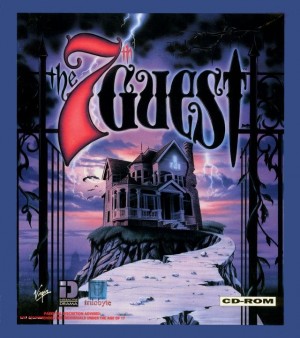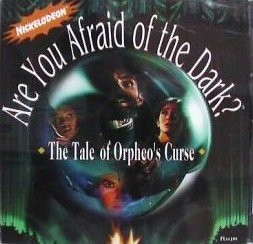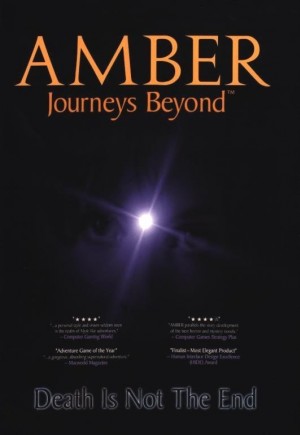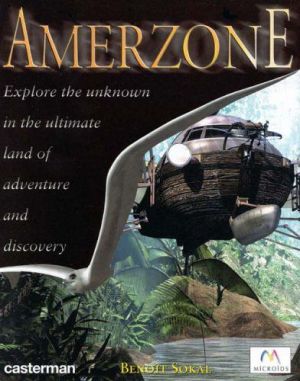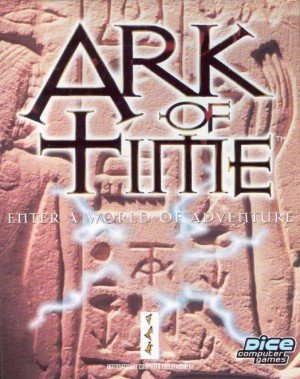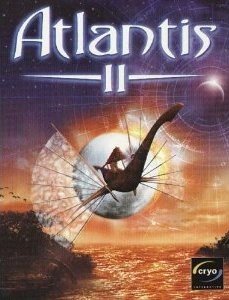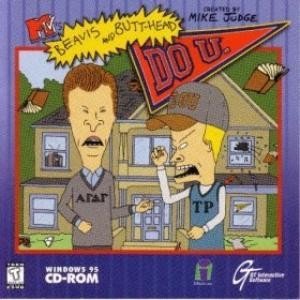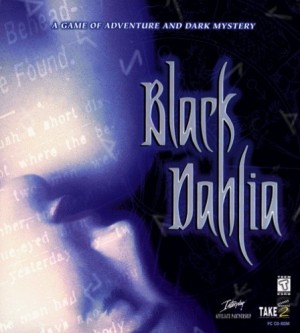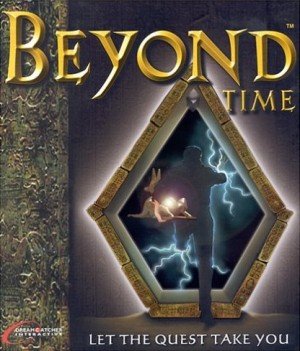Tierra Entertainment: Game Design Q&A
The anonymous game developers at Tierra Entertainment, who are behind such high-profile adventure game remakes as King's Quest VGA and the completely re-imagined King's Quest 2: Romancing the Stones, have some advice for anyone setting out to create an adventure game: Start small.
But if you, like the developers at Tierra themselves, just can't seem reconcile that advice with your own game design ambitions, then read on. Tierra's Anonymous Game Developer # 1 reveals what she's learned about amateur game design, and what you'll need to know before you start your own project.
What advice would you give people with no experience who are just starting on the path to creating an adventure game? What is the hardest thing about creating a game?
The truth is, everyone has a good idea. Everyone thinks they have the next great plot, the next best-selling game. But an idea is only worth so much. You need to actually have the dedication to finish what you begin, and trust us, however much work you think it takes, it will require a thousand times more than that!
I would think it's natural to recommend starting small, but I guess we didn't follow our own rule. We assumed King's Quest would be a tiny game, since it was the earliest, and probably most primitive, and it was already laid out for us in such an orderly fashion, but boy were we wrong! No matter what game you make, original or remake, putting together the artwork, music, plot, etc. will only be 50% of the job.
Probably the easiest, most enjoyable part of making games is the creative work, making artwork, animations, music, and scripting. It seems like the hard work while you're making it. But, once that's done, the true test comes. Can you sit with that game for months, testing it, fixing bugs, playing it 10 times a day from beginning to end to make sure it is all working properly? Can you do it when the only thing you want to do is forget the stupid game and throw your computer out the window?
Realize that if you want to make games and complete them, it's not just about creativity, but also responsibility. It's about working when you don't want to work, and doing things you don't want to do. We got lucky with King's Quest. We were just too naïve to understand that the game would be as long and complicated as it was! But making it through to the end has given us confidence to continue with more projects.
Also, fear is a big obstacle—both the fear of not being able to make a game, and the fear of success. You always need to train yourself to recognize this fear, and then form a mechanism for overcoming it as well. For instance, if you are pacing around a room when you could be working on your game, chances are, you're subconsciously fearful of working any further. If you just force yourself, with willpower, to sit down for those first few minutes and start working, the momentum will push you through the day and give you newfound confidence to help you throughout your project.
Overall, I would recommend starting small enough to keep motivated, but big enough to feel rewarded. Take it one step at a time, be optimistic, and always remind yourself that you can accomplish it. It helps to work with a close friend that is as motivated as you, and try to stay away from large groups of team members. It is VERY hard to run even a small team efficiently. It's nearly impossible to do the same with a large group of people who don't all have the same vision.
Don't be upset if you can't create a perfect game the first time around. You'll get better with practice. And most importantly, create a good time management plan and keep on schedule. Game development needs to be like a river approaching a waterfall. If you can do a lot of little things, and get them done, you will gain momentum and go full force to the end. Be sure to give yourself pep talks if you're feeling like you can't continue. You can if you just push yourself. You are the only one you are competing with, and nobody can stop you if you put your mind to it.
Is there any part of the process that took more or less time to complete than you anticipated?
YES! The background art took less time than we expected, and the character dialogue pictures took very little time as well (they only take about 15 minutes to draw, and under an hour to color and animate). The character animations and scripting are what take forever! Sprites are very tedious to make as well, and they take a while to import into the game engine, and often have to be touched up and then re-imported.
Scripting takes a long time because it consists of a lot of going back and forth to get a certain "look" to your scene, and if something doesn't look quite right, then it can take ANY amount of time to fix. It could be minutes or it could be hours. For King's Quest 2, I've scripted scenes that I thought would take forever, in under an hour, and I've also scripted scenes that I thought would be quick and easy, but have ended up taking me a few days to perfect!
You have a very small group of people working on your games, and yet already you've released two full games. What makes your team so much more successful than most others?
It's a small team of dedicated members who all have the same vision. It was actually only two of us who worked on King's Quest, and now a few more members have joined the crew for King's Quest 2. None of us are power hungry, and we all are pretty accepting of constructive criticism. Yet, nobody dishes out more criticism than needed. At many fan projects, half of the time is spent complaining about how something isn't good enough, and then it's touched up over and over again for weeks, showing little improvement over the original picture!
In our team, if something really should be changed, we say it. But, you would never hear something like, "I like green better than red. Change that color." That's just a waste of time. If somebody wants someone wearing green, they mention it beforehand to prevent wasting time. Also, the age of most of our members is much older than most other fan groups. I think this lends to the maturity of our team, and also our ability to realistically dedicate ourselves to the projects. We aren't just doing this because we are bored, or because our friends will think it's cool. We're doing this because we feel strongly about it.



